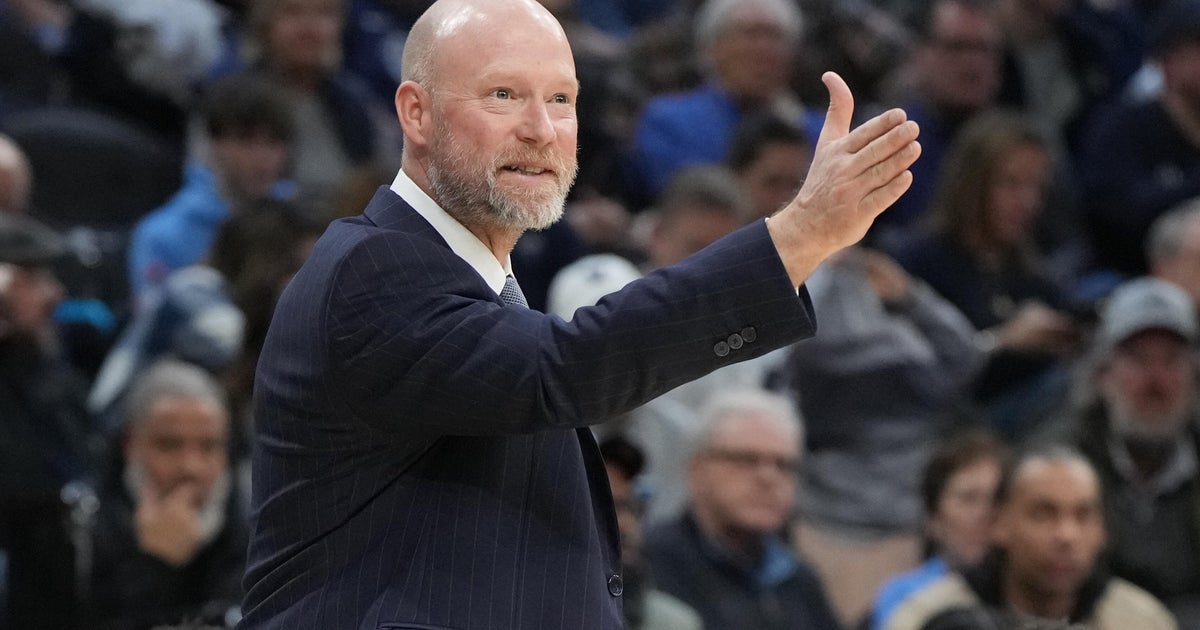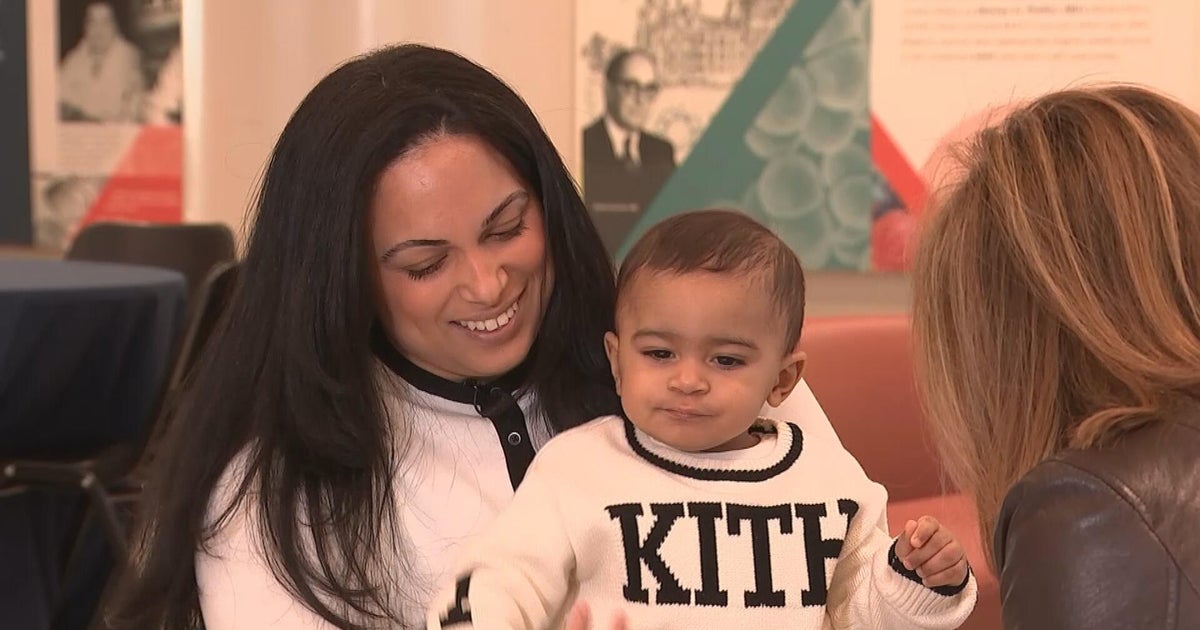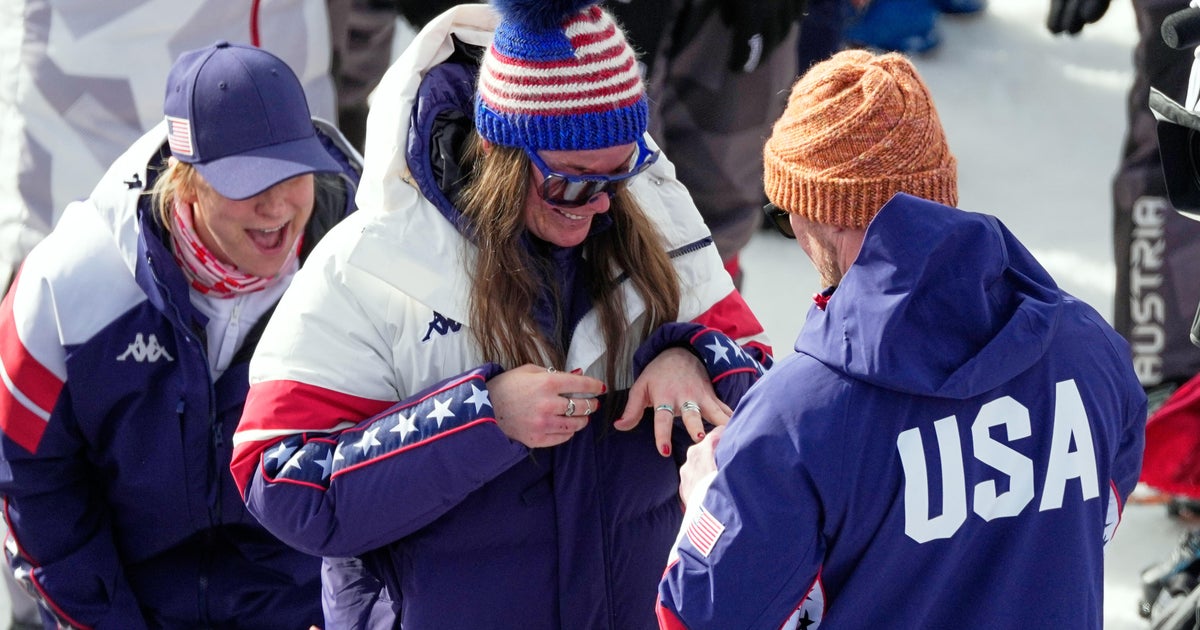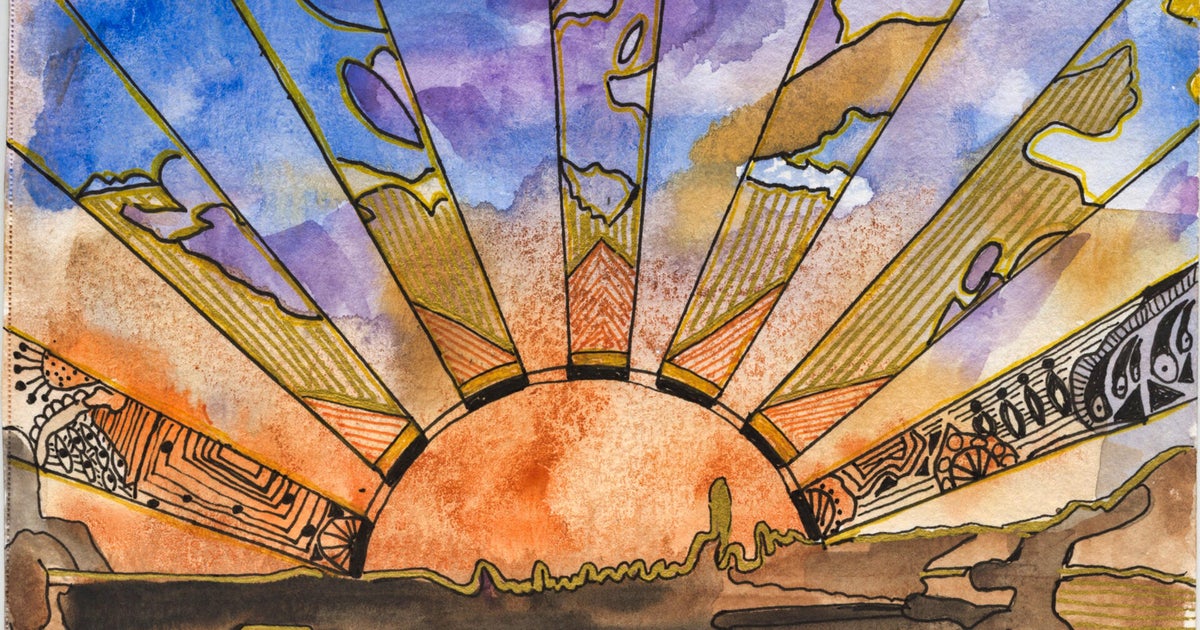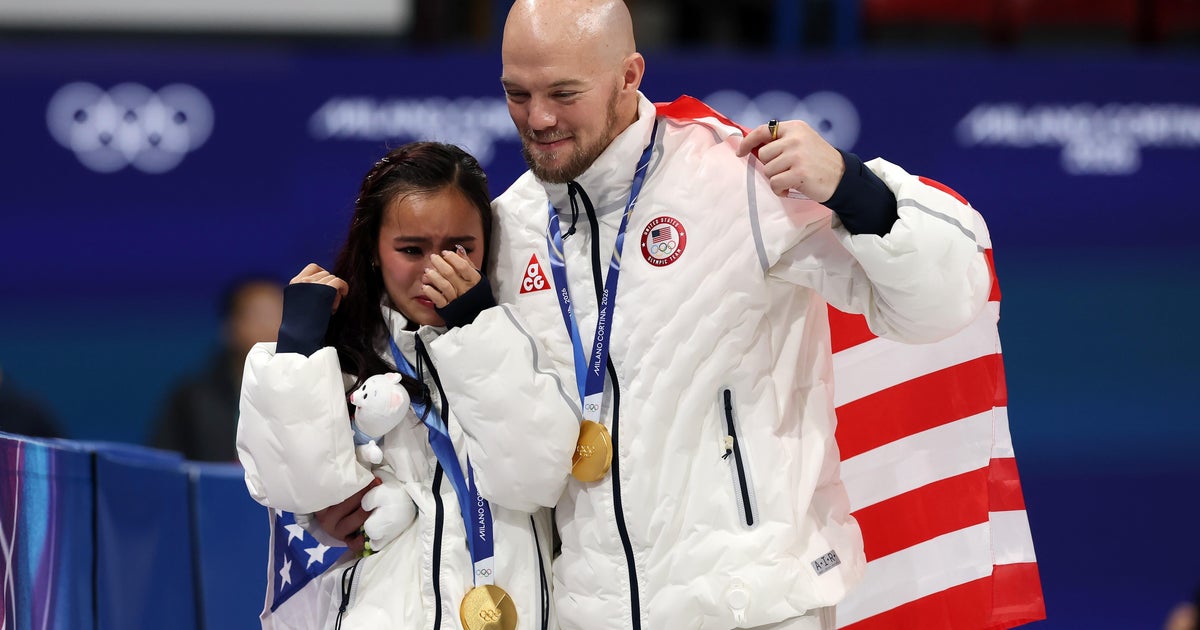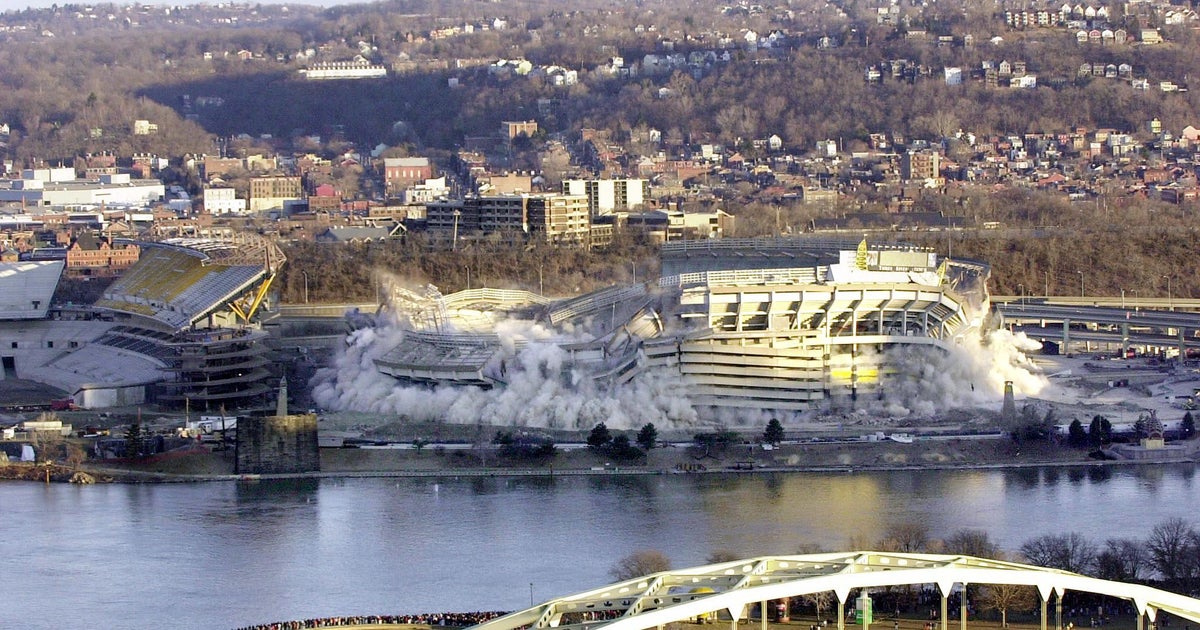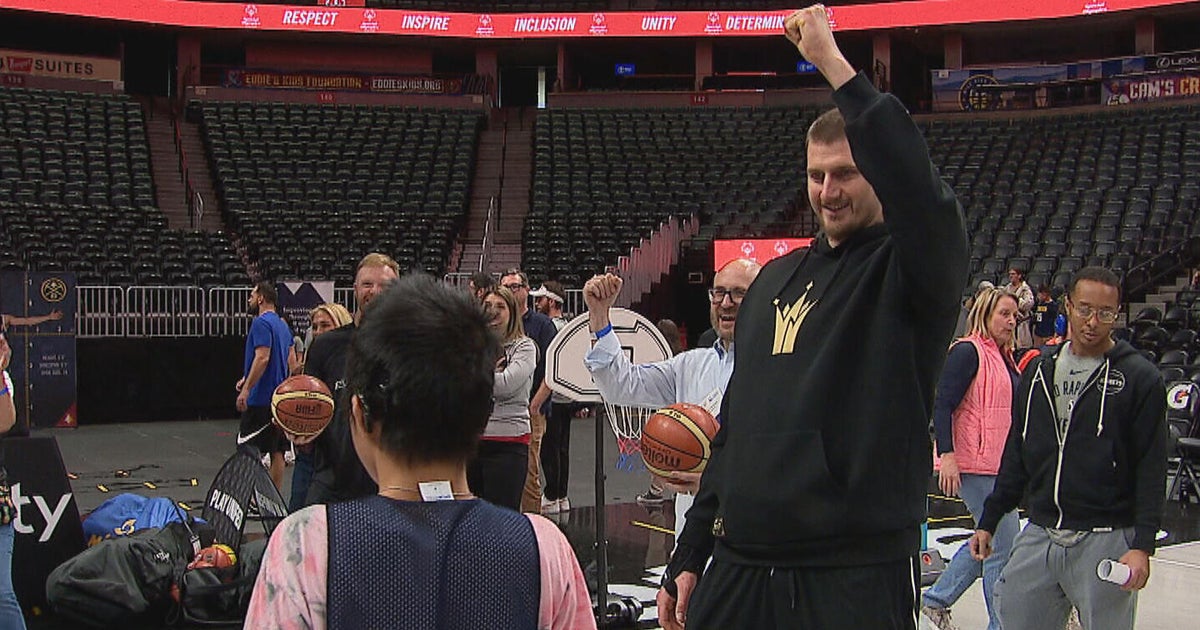Hoge: Explaining The Big Ten Network's (Lack Of) Penn State Coverage
By Adam Hoge-
(CBS) If you turned on the Big Ten Network Thursday morning to watch the Freeh Report press conference then you were probably surprised when a replay of the Ohio State-Purdue football game popped up on your television.
Of course, if you turned on the Big Ten Network Thursday morning to watch the Freeh Report press conference then you haven't been paying attention.
When the Penn State sexual abuse scandal broke last November, the Big Ten's own television network -- 51 percent of which is owned by the conference, the other 49 percent owned by FOX -- made a decision not to make the story a priority. This was evident by the network tiptoeing around the story for 72 hours. It broke on Saturday. They aired a 10-minute special on Tuesday night.
BTN, understandably, took a lot of heat for this -- the presumption being that a network owned by the conference did not want to burn bridges with one of its most prestigious and profitable member institutions.
This, of course, was denied by the network.
Before I go any further, I need to disclose the fact that I worked at the Big Ten Network for three years as a freelance production assistant. It's also worth noting that I left there on my own merit when I took this job at CBSChicago.com. I have no hard feelings towards anyone there. In fact, it's the exact opposite. I have many friends who still work there and I have a ton of respect for those who make decisions there.
Since November, I have both defended and criticized the Big Ten Network for its coverage of the Penn State scandal. Having worked there, I can sympathize with the fact that while it airs programming 24/7, it is not a 24/7 news operation. People don't work around the clock there like they do at ESPN and CNN. I can also understand why, at times, the network has to tiptoe around critical issues. It is owned by the conference, after all, and going around blasting the institutions can be very problematic. Coaches use the network to recruit and media relations departments give the network behind-the-scenes access.
That's where a very blurry line is drawn by the Big Ten Network. Having jumped on board there just three months after earning a journalism degree from the University of Wisconsin-Madison, I learned quickly that working at BTN was very different from completing a college journalism assignment. In J-school, you make a decision to either jump into news or public relations. BTN falls somewhere in the middle.
Think of it like this: Getting your news from BTN is like getting your Chicago Bears news from ChicagoBears.com.
In other words, the source of the news has other interests in mind. It has people to protect. And actually, in the Big Ten Network's case, that's understandable. It is owned by the Big Ten, after all.
But it's not understandable in this case.
Facts are facts, especially when they are coming from a grand jury, and in this case the facts clearly indicated that a former Penn State football coach raped children and the current head coach, athletic director and president covered it up.
For those of us who read the grand jury report, understood it and didn't work at the Big Ten Network, it was easy to come to that conclusion back in November and say it publicly.
But at the Big Ten Network, where, trust me, people read the grand jury report and understood it, it wasn't as easy to come out with strong opinions, allege a cover up and call for the firing of everyone involved. Again, because the network is owned by conference, that makes sense.
What doesn't make sense is why the network chose not to immediately report the facts in an objective manner. Acknowledge the grand jury report, tell the public what it says and don't sugarcoat the fact that Paterno might get fired.
Eventually, this happened. In a 90-minute special on Wednesday, November 9, BTN took the gloves off and discussed the facts.
Wednesday, November 9, you might remember, was a historic day for the Big Ten. It was arguably the most important day in the conference's history, certainly the most important in the history of the conference's television network.
That day, Sports Illustrated released a Q&A with BTN President Mark Silverman, who defended the network's coverage of the scandal thus far.
"We have a production crew at State College who is ready to cover any kind of press conference and conduct interviews," Silverman told SI.com.
That night -- after the 90-minute special that aired on BTN -- the Penn State Board of Trustees held a press conference and fired Joe Paterno and Graham Spanier.
The Big Ten Network didn't air it live.
They aired it on tape delay at 1 a.m. CT.
I was on 670 The Score that night with Matt Abbatacola as Penn State students rioted in State College. BTN was receiving a lot of criticism for not airing the press conference live and not covering the riots as they happened. A replay of a football game was on. I was quick to defend the network in the sense that it wasn't a 24/7 news operation and they likely didn't have the necessary manpower to air the press conference live. Those who produced the 90-minute special had gone home.
What I couldn't defend was that everyone knew the board of trustees was meeting that night and the firing of Joe Paterno was a very real possibility. And, like Silverman said, they had a production crew in State College.
Flash forward to Thursday, when once again, the Big Ten Network received criticism for not airing a press conference.
"While some may be unaware, BTN is not and was never intended to be a news organization," the network said in a statement given to Sports Business Daily. "Our focus is to air, discuss and analyze what happens relative to the field of play, which is what our viewers are most interested in. BTN analysts have repeatedly expressed their disappointment with the way in which Penn State football officials handled the Sandusky situation. When our football coverage resumes later this month, it will be a topic of conversation as to how it may affect the Penn State football program and the rest of the Big Ten."
When I read this statement, I literally screamed. Not a news organization? I worked at BTN for three years and that's news to me. As I detailed before, it's certainly not CNN, but if BTN is not a news organization then why did I sit through all those meetings where we discussed the news of the day and then created a show around it?
And in this case, how does the Freeh Report not have an impact on "what happens relative to the field of play"? At the very least, it will affect recruiting. At the very worst, it will shut down the program.
And if BTN only analyzes what impacts "the field of play" then why did it air and exhaustively cover Joe Paterno's funeral live when he wasn't even the head coach anymore?
If you are asking these same questions, then you should know that we aren't the only ones. Sources within the Big Ten Network voiced displeasure with Thursday's statement and have expressed frustration with the network's handling of the scandal since November.
That is one of the reasons why I am writing this column. I realize that this piece will likely burn some bridges, but not writing it would be hypocritical. Not writing it would mean that I am looking out for my own interests instead of doing what is right. And looking out for my own interests instead of doing what is right would be the exact opposite of what I have preached since this scandal broke in November.
Look, no one at BTN is making a conscious effort to protect those at Penn State who covered up child rape, but somewhere, someone has made the decision to protect the university, and a byproduct of that is not giving Jerry Sandusky's victims what they deserve: justice.
As BTN takes heat for its lack of coverage, many very talented people sit in the studios along the Chicago River and can only look back at how they would have covered the scandal had they been allowed to cover it with the gloves off. That's not fair to them, as it wasn't their decision not to cover it. Knowing what the producers and talent over there are capable of, I believe it would have been the network's finest hour.
While BTN claims the Big Ten doesn't tell them what it can and cannot air, three different sources have told me since November that at least 48 hours passed before the network was allowed to fully address the scandal on the air.
That silence continued Thursday when BTN did not broadcast the Freeh Report press conference.
According to the network's statement, when their "football coverage resumes later this month, it will be a topic of conversation as to how it may affect the Penn State football program and the rest of the Big Ten."
That's good. But what will never be a topic of conversation on BTN is how Joe Paterno's football program affected the lives of children who fell victim to rape.
That's a shame.
Adam is the Sports Editor for CBSChicago.com and specializes in coverage of the Bears, White Sox and college sports. He was born and raised in Lincoln Park and attended St. Ignatius College Prep before going off to the University of Wisconsin-Madison where he earned a Journalism degree. Follow him on Twitter @AdamHogeCBS and read more of his columns here.
